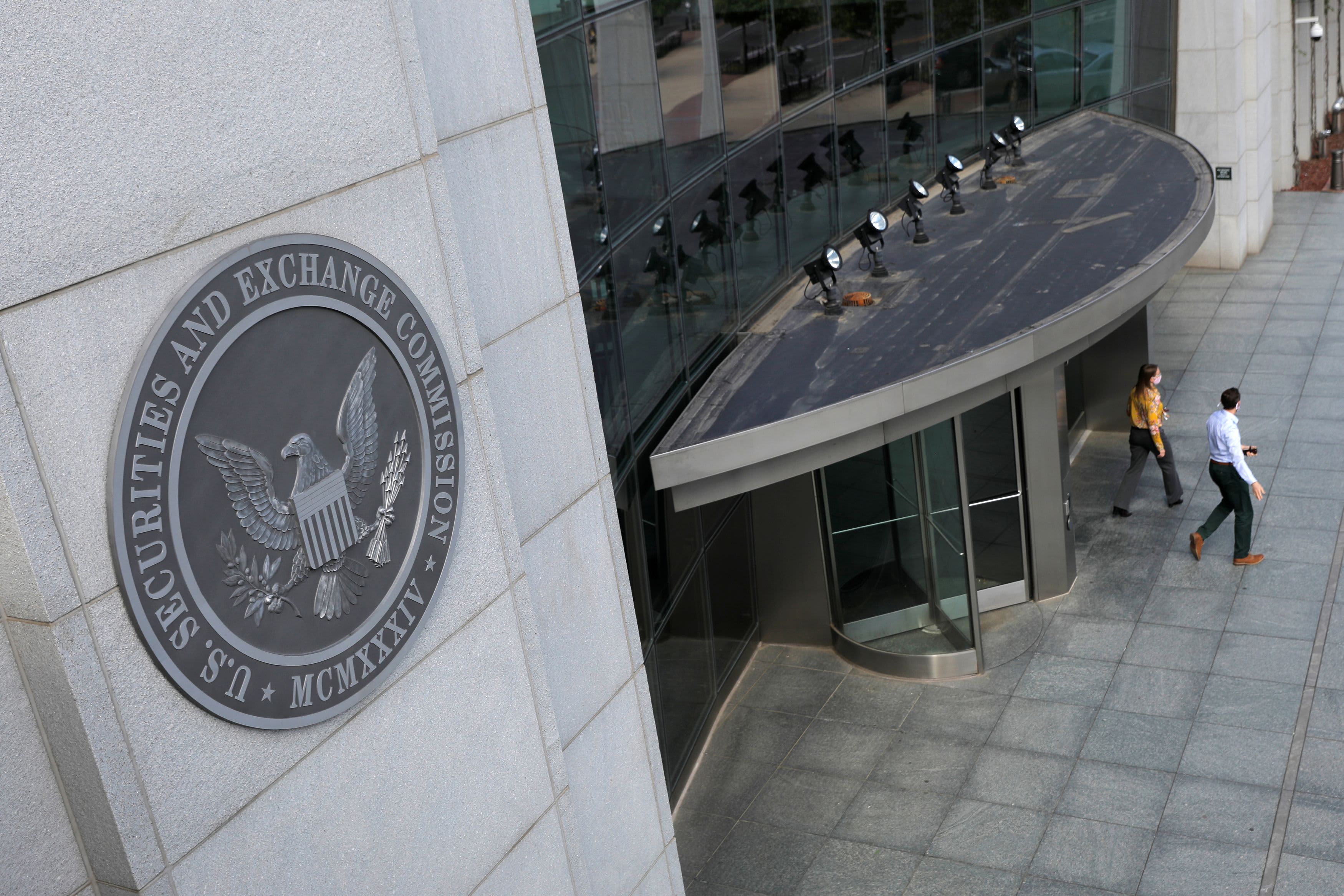UK predicted to have the highest inflation rate out of all advanced economies this year
The U.K. is set to report a headline inflation of 6.9% this year, according to the OECD, marking the highest such level among all advanced economies.

A shopper browses fruit and vegetables for sale at an indoor market in Sheffield, UK. The OECD recently predicted that the UK will experience the highest inflation among all advanced economies this year.
Bloomberg | Bloomberg | Getty Images
LONDON — The U.K. will experience the highest level of inflation among all advanced economies this year, according to data from the Organization for Economic Cooperation and Development.
The U.K. is set to report a headline inflation of 6.9% this year, above the OECD average of 6.6% for 2023. Among the countries analyzed in the latest OECD economic outlook, only Argentina and Turkey are expected to have a higher headline rate than the U.K. this year. Sanctions-struck Russia is forecast to have a headline inflation of just under 5.4% in 2023.
The U.K. headline inflation is "projected to slow on the back of declining energy prices and to come down close to target by the end of 2024," the OECD noted. "Core inflation is set to be more persistent due to strong services inflation, only receding to 3.2% in 2024."
Monetary policy
This highlights the pressure faced by the Bank of England, which raised rates by another 25 basis points in May to bring the main interest rate to 4.5%. At the time, the central bank recognized that inflation was "higher than expected" in the first quarter of the year, largely because of food prices.
Speaking before British lawmakers, Governor Andrew Bailey last month said that the bank's forecasting model was not working well and that rate setters were therefore using it less. Governor Bailey also spoke of "very big lessons to learn," after the central bank repeatedly failed to predict several inflation increases.
The BoE is expected to raise rates again when it next meets on June 22.
"Monetary policy will remain tight, increasingly weighing on output and lowering inflation, and the fiscal stance will be restrictive over 2023-24. However, little fiscal space is left, leaving the government significantly exposed to movements in interest rates," the OECD also said.
In terms of growth expectations, the Paris-based institution said that the U.K. GDP will be "modest" at 0.3% this year, but will improve to 1% in 2024.
In addition, unemployment is expected to rise to 4.5% in 2024.
Paul Dales, chief UK economist at Capital Economics, said in a note last week that there is growing evidence that price pressures are domestically generated, and that this is pushing up rate expectations.
"We agree with the markets that rates will rise further and have revised up our forecast for the peak in Bank Rate by 75 basis points, from 4.50% to 5.25%. And we now think rates won't start coming down until the second half of next year," he said.

 ShanonG
ShanonG 






























